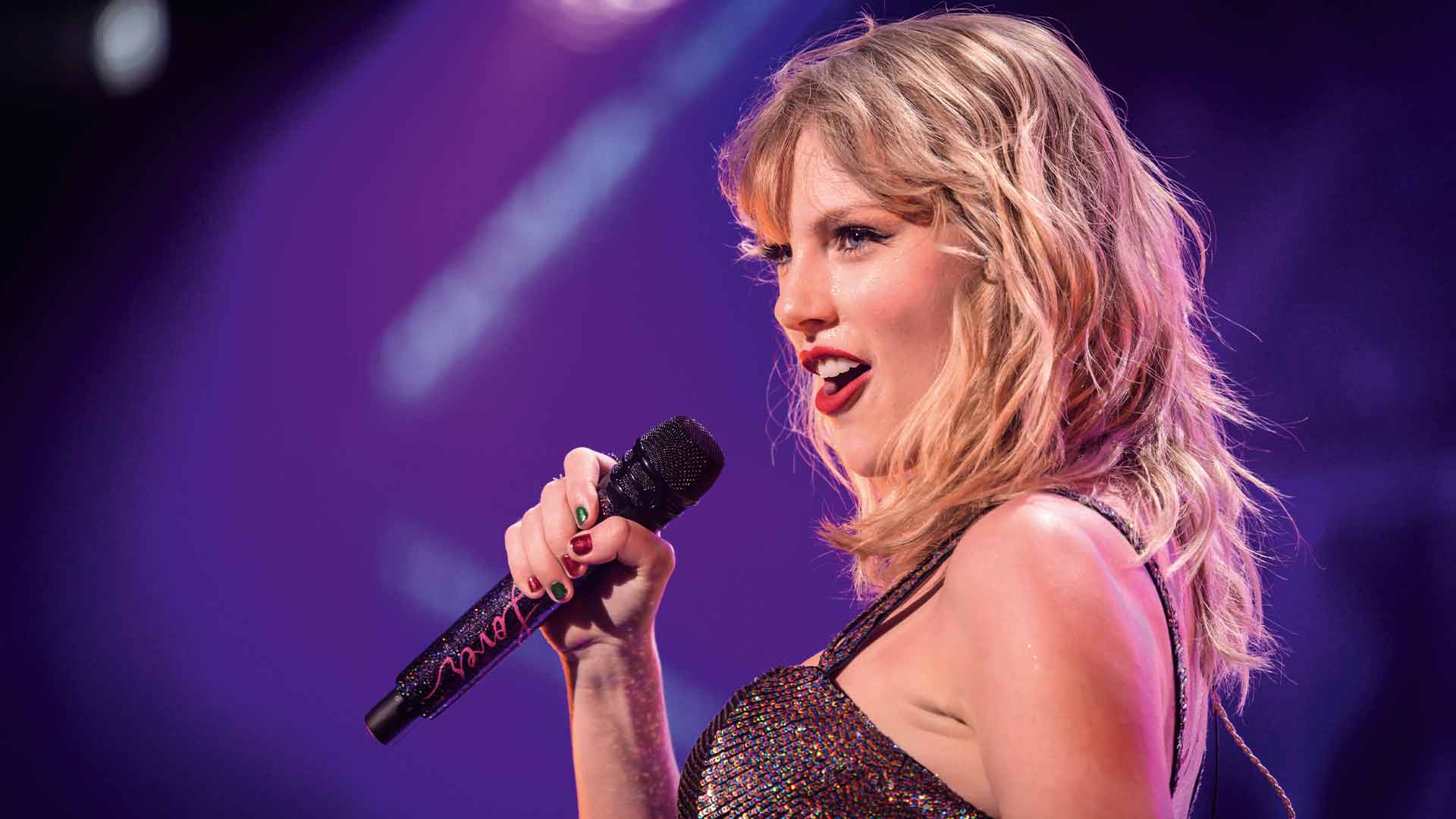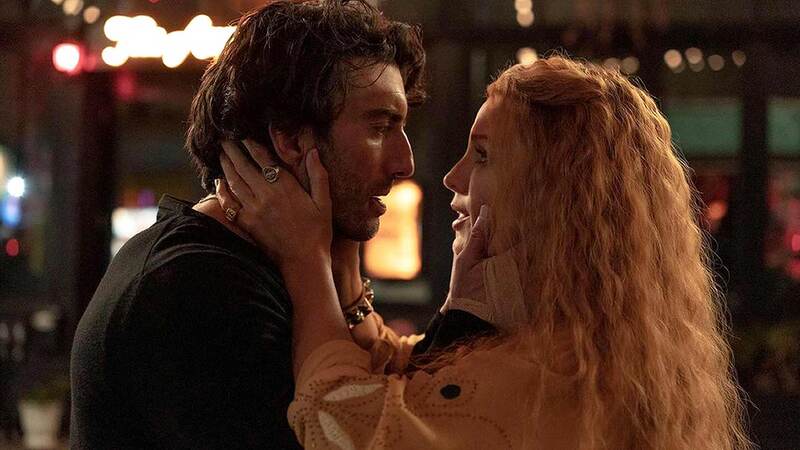You are viewing your 1 free article this month. Login to read more articles.
Love lyrics
We found out earlier this year that Taylor Swift is distantly related to the poet Emily Dickinson. They’re sixth cousins, three times removed, according to genealogy company Ancestry. With the history of poetry having its origins in Sappho’s lute – words spoken to music – perhaps we’ve come full circle, with Swift taking cousin-Emily’s page-based conception of verse to the stage? It’s clear that today’s most successful song lyricists command audiences beyond what most poets – and writers – can dream of, but only a handful of song writers have books of lyrics, which ring in the reviews on Goodreads on Amazon. There’s never been a better time for publishers to get involved with this nascent market.
"The Tortured Poets Department" is the title of Swift’s album, which could describe centuries of self-inflicted wounds from poets feeling they weren’t getting their just rewards. Samuel Taylor Coleridge was in that department, as was Dylan Thomas and undoubtedly Sylvia Plath. Since the 1960s – when there was an exciting fluidity in the public consciousness around poetry’s place in the world – there’s been a bifurcation between songs and poems, with some musicians developing audiences of millions while poets max out in the thousands. Swift’s album made 1.9 million pure sales in the first week of its release. God (that "distant - stately Lover") knows what Emily Dickinson would make of this, having published only 10 poems out of her 1,800 in her lifetime, keeping the rest stitched together in small bundles underneath her bed.
There are a few publishers leading the way in the UK for publishing the lyrics of songwriters. Canongate have published two of the giants of twentieth-century lyrics with Johnny Cash’s Forever Words: the Unknown Poems and Leonard Cohen’s The Flame on their list. Faber’s list of song lyrics could raise the roof on Glastonbury’s poetry stage: Kate Bush, Fleet Foxes, Joan Armatrading, Robert Wyatt, Van Morrison, Shaun Ryder, Billy Bragg and Jarvis Cocker. In my view, these books work best when the song lyrics are presented as clearly that, and not resold as poetry. Song lyrics need their musical accompaniment because poems contain a myriad of linguistic techniques that fill sonic space with rhythms and musicality of their own. Neil Tennant’s One Hundred Lyrics and a Poem makes this distinction nicely.
Over a decade ago I went to a Fall gig after work and was able to collect a rare copy of The Fall Lyrics for the National Poetry Library, published by an obscure German publisher (The Lough Press, Berlin) and containing a selection of Mark E. Smith’s lyrics written between 1977 and 1983. Over the years, when people have asked me who the greatest poet of the past 40 years is, I often produce this book, with just the tip of my tongue-in-cheek. Only Shakespeare, if he was living, could have described the television as "the tragic lantern". But this book is long out of print and since his death Smith’s cult fanbase has escalated.
Smaller publishers should look to work with up-and-coming artists, maximising sales at the merch table
Wildly – impossibly – there’s no book of Björk’s lyrics in print. The Icelandic genius, whose voice has been described as close to glass can come to breaking, while staying together, fills her lyrical goblet with deeply brimming imagery and polylingual neologisms. Without wanting to connect them, via their late-1990s collaboration – on and off the page – Tricky’s spikey, condensed lyrics contain multitudes and, given the packed crowds at his gig at the Roundhouse recently, would fill demand as a book. "You promised me poems", he wrote, but where’s the publication for the fans?
It isn’t just big names, requiring huge budgets, that have potential here. Smaller publishers should look to work with up-and-coming artists, maximising sales at the merch table. Indies, why not reach out to your favourite musicians? They’ve probably never thought about having a book of their lyrics published and you have every chance of catching their attention. As Lauren Cochrane wrote recently in her piece for the Guardian, "I’m with the brand! How merch saved the music industry": "with revenue from streaming negligible and the cost-of-living crisis meaning that ticket sales may be less reliable, merch provides a financial win for artists." In 2018 global merch sales accounted for $3.5bn; this is in a market where only 0.4% of artists can make a living from streaming. It’s widely known that aside from the Taylor Swifts of the planet, most artists make more money from merch than record sales.
Small DIY poetry presses should also think creatively in this space. Having a strong attachment to place, and knowing the local arts scene as well as anyone, poetry publishers also have the experience of formatting lineated words on the open space of the page, to do a professional job of handling a developing songwriter’s words.
We all know the highest form of praise for a lyricist is calling their work poetry, now it’s time to give them – and their audience – the format used by poets to reach their own fans: the book.
















